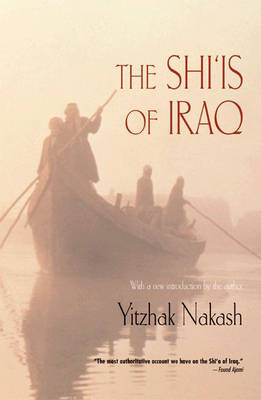Iraqi Shi'is, the country's majority group, are politically disinherited, as was vividly demonstrated in the aftermath of the Gulf War. This study provides an historical background to the understanding of the Shi'is' place in today's Sunni-dominated Iraq. It challenges the widely held belief that their culture and politics are a reflection of Iranian Shi'ism. In examining the years between the rise of the Shi'i strongholds Najaf and Karbala in the mid-18th century and the collapse of the Iraqi monarchy in 1958, it shows that the growth of Iraqi Shi'ism was closely related to socio-economic and political developments in the 19th century. The text sees the rise of the modern state as a development that reinforced the differences between Shi'ism in Iraq and Iran, pulling Iraqi and Iranian Shi'is further apart in the 20th century. In exploring this topic, it elucidates Shi'i political aspirations and the position of Shi'i Islam in contemporary Iraq. An epilogue discusses the impact of the Gulf War on Iraqi Shi'ism, pointing to the challenges now facing people in Iraq and the opposition in exile.
- ISBN10 0691034311
- ISBN13 9780691034317
- Publish Date 27 February 1994
- Publish Status Out of Print
- Out of Print 19 June 2003
- Publish Country US
- Imprint Princeton University Press
- Edition Revised edition
- Format Hardcover
- Pages 340
- Language English
- URL https://press.princeton.edu/titles/5502.html
